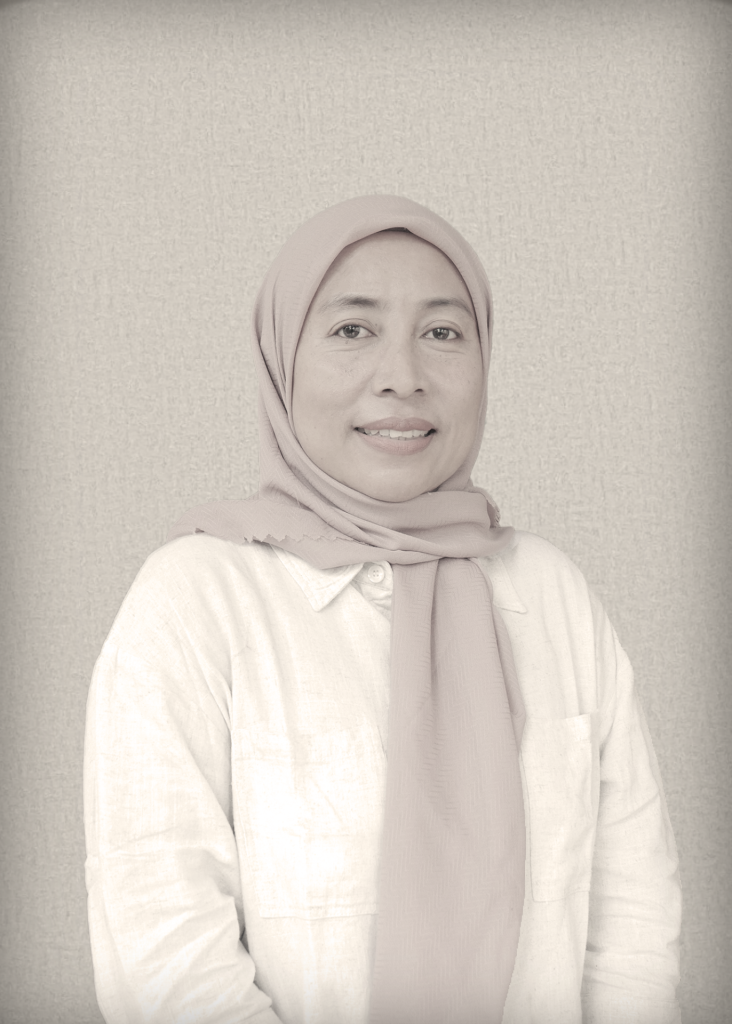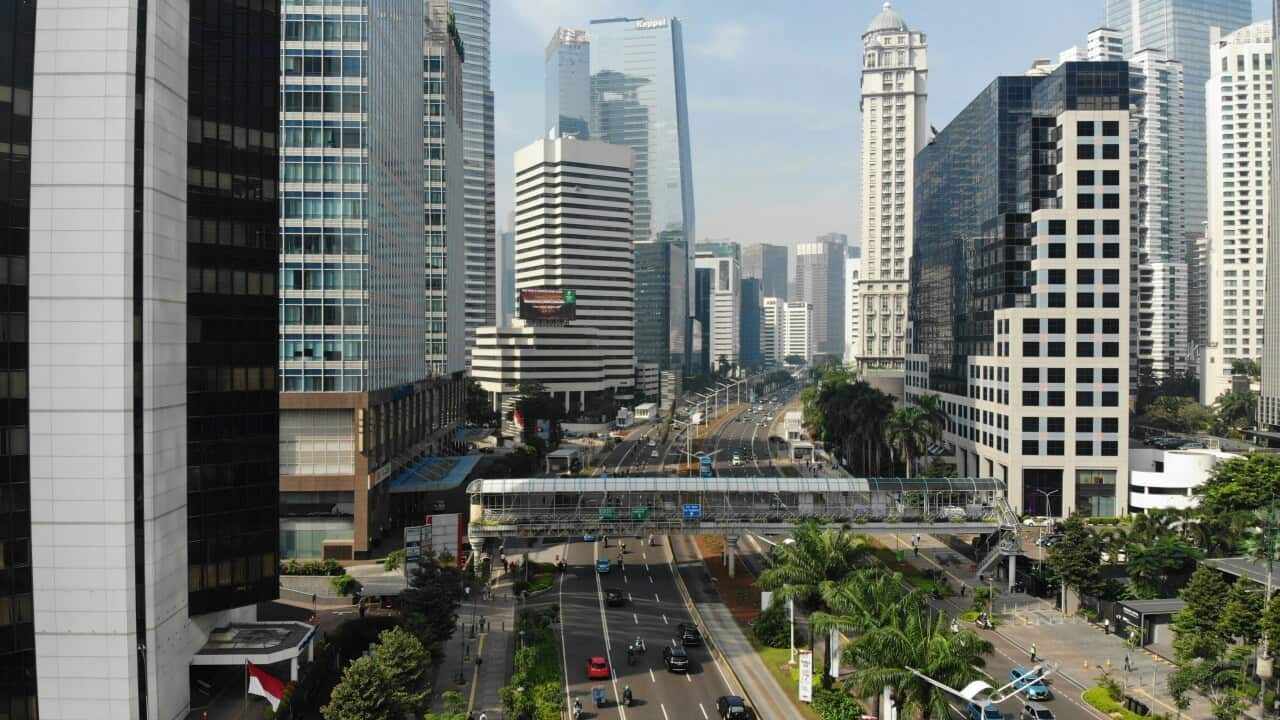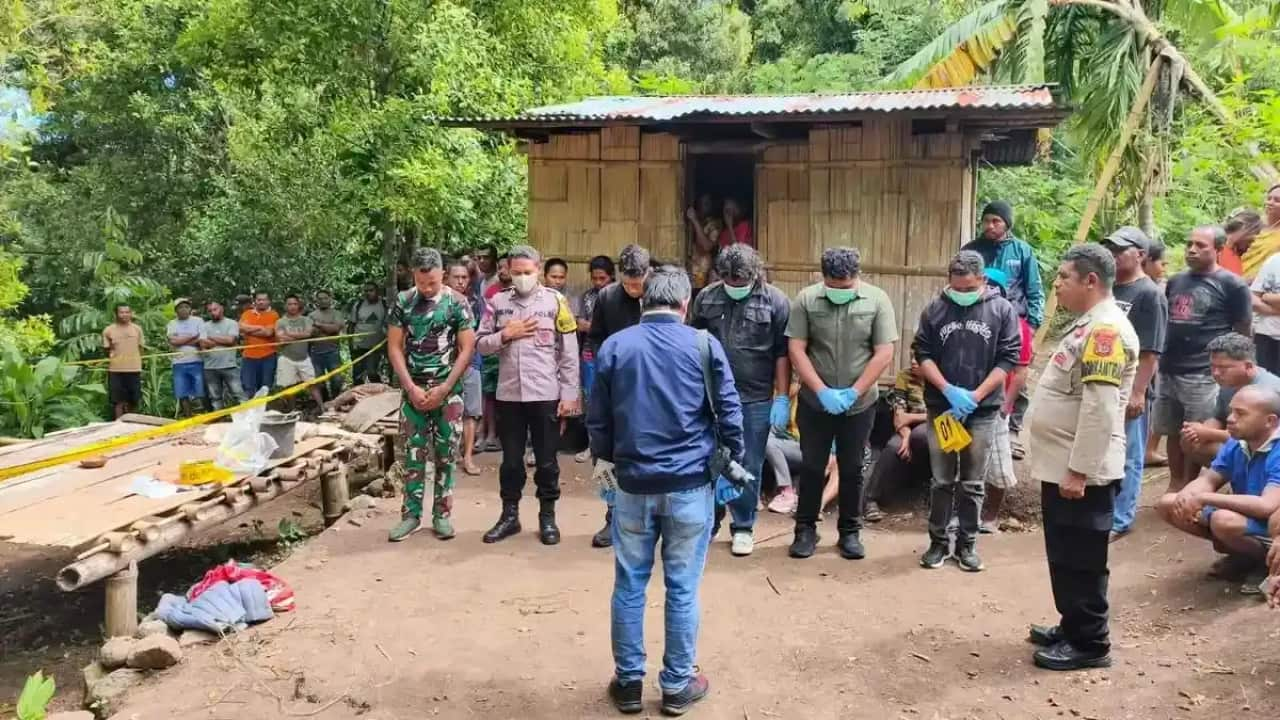Research from Roy Morgan illustrates this situation.
The Australian research institute interviewed respondents representing Indonesians aged 17 and over on two occasions. First, interviews were conducted October 2014 — March 2015 with 15,204 respondents, and October 2024 — March 2025 with 5,499 respondents.
Roy Morgan asks: “What are the three issues that matter most to you?”
As a result, “pushing down the cost of everyday living” is now on the national agenda by 2025, with 44 per cent of Indonesians naming it as one of their three most important issues, up 10 points from 34 per cent in 2014-2015.
“Fighting corruption” remains the top priority, with votes from 41 percent of Indonesians, the same as it was a decade ago, but dropped to number two priority.
While labor market issues are also gaining importance, with concerns about “reducing unemployment” rising in nearly a third of the population, from 24 percent to 31 percent of respondents or up 7 points
CEO Roy Morgan, Michele Levine said, “Nearly half of Indonesians rated “keeping the cost of daily living low” as the top issue during the first six months of President Prabowo's first term.”
In response to the research, Executive Director of the International NGO Forum on Indonesian Development (INFID), Siti Khoirun Ni'mah, said that the economy is indeed the main concern of Indonesians, especially the urban middle class, after the Covid 19 pandemic.

“The most pronounced are prices, especially food prices, basic food prices and also transportation. It's very pronounced because we're having some knocks. Starting from the pandemic, a wave of layoffs and efficiencies, rising prices of necessities, and new policies related to taxes,” Ni'mah said when contacted by SBS.
The higher cost of living is more pronounced because it is accompanied by the presence of various uncertainties of the situation.
Ni'mah gives an example, the price of rice in 2015, when the first Roy Morgan research was conducted, was in the range of Rp 10 thousand per kilogram. Meanwhile, the price has risen and can even reach Rp 15 thousand. Since rice is a staple food, its increase will have an impact on other prices.
Maintaining the ability to meet the needs of daily living becomes very important to society as its impact is most closely felt.
Ni'mah stressed that the issue of corruption being dropped to second priority does not mean the case is dropped.
“The corruption remains high and remains great, the last cases of exceptional value, the elephants. People feel that life is getting harder. Indeed, the corruption is getting crazier, it could be that people are tired of watching all this,” he said.
The irony is that after all these years, corruption did not go down, even after there was a special anti-corruption agency. Moreover, the culprits are those close to power.
“It could be, there is a feeling of desperation seeing this corruption situation,” Ni'mah added.

The situation is aggravated because in the past six months, the Indonesian government has promoted what it calls budget efficiency. But on the other hand, optimism has not formed in efforts to eradicate corruption.
Ni'mah also believes there are missteps regarding the eradication of corruption in Indonesia. Especially with the transactional political climate that is currently occurring very systemic.
However, this situation did not entirely arise during Prabowo's reign. The previous government, namely in the Joko Widodo era for two periods, had lost momentum in eradicating corruption. Amid very high public support at the start of Jokowi's reign, there was no firm commitment to eradicating corruption.
Listen to SBS Indonesian every Monday, Wednesday, Friday and Sunday at 3pm.
Follow us on Facebook and Instagram, and don't miss our podcasts.




